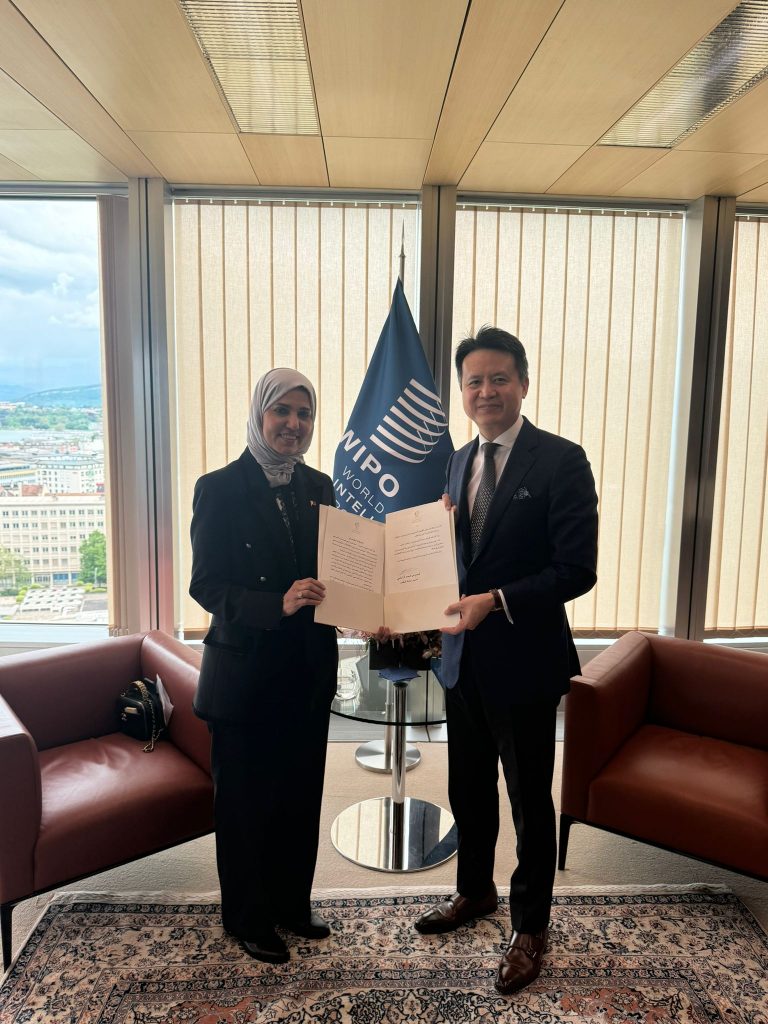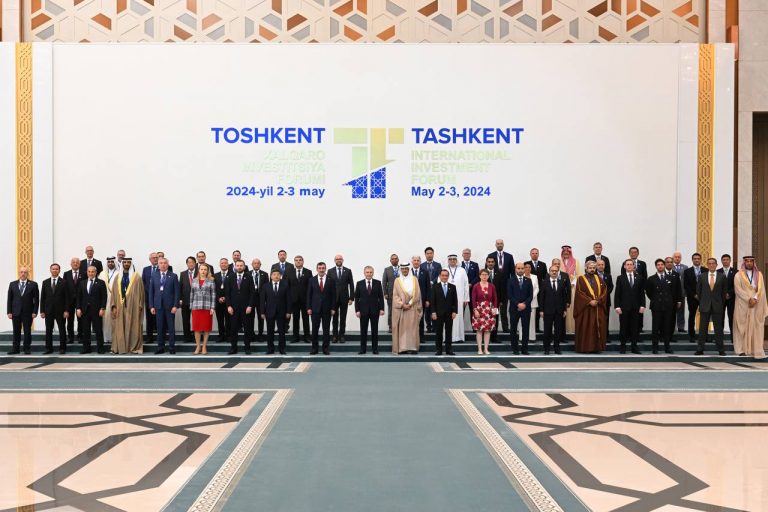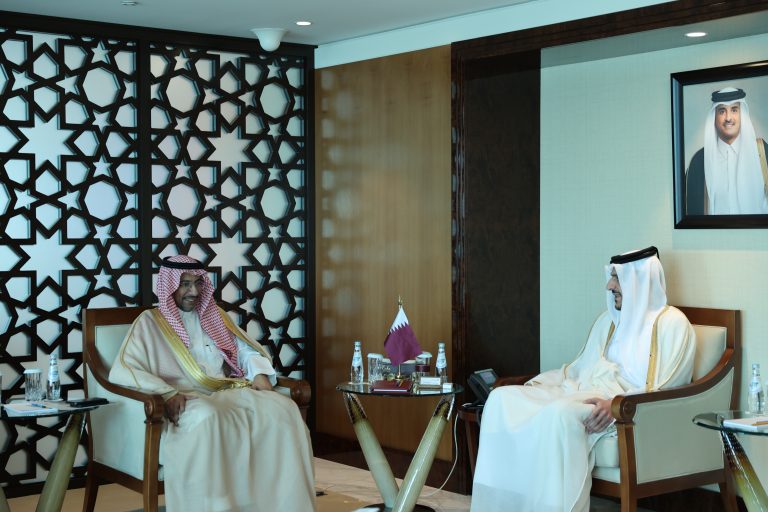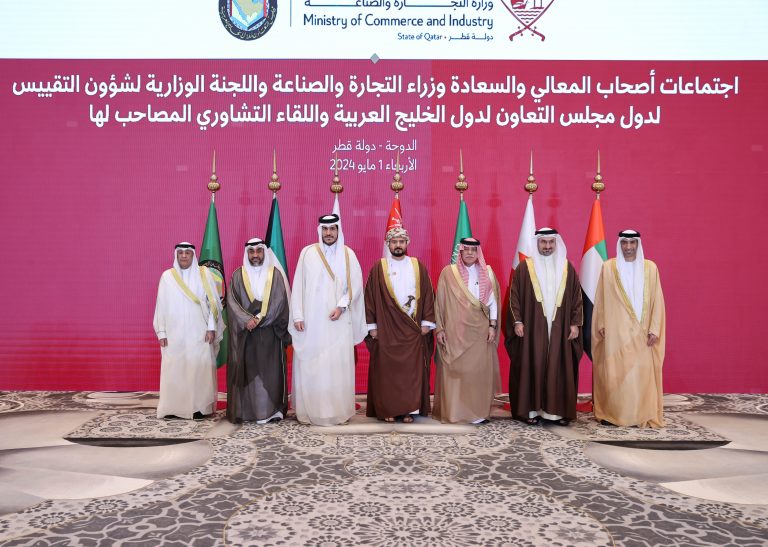Qatar’s interest in developing its logistics sector and bolstering its efficiency improved the country’s ranking on the Logistics Performance Index by 16 places (Qatar ranked 30th globally in 2007, compared to 46 in 2015)The Ministry of Economy and Commerce emphasizes its keen interest in developing the logistics sector, given its important in role in the development process.The transportation sector and auxiliary transport activities generated 46.5 billion riyals in revenues in 2015, compared to 25.6 billion riyals in 2010.
A new study released by the Ministry of Economy and Commerce has revealed remarkably strong growth in the logistic sector’s contribution to Qatar’s development. The study showed an increase in transport services and auxiliary transport activities, which account for the bulk of logistics services offered during the early years of this decade. This increase is mainly due to the attention that the state of Qatar has dedicated to a sector that represents the backbone of the majority of productive and service activities.
The development of the necessary infrastructure for the provision of logistics services, and their increased efficiency, not only contributes to facilitating the cross-border and domestic flow of goods and services, but also reduces the overall cost incurred by different economic sectors. This ultimately bolsters the competitiveness of all these sectors and facilitates local and global economic integration.
The study comes within the framework of the Ministry of Economy and Commerce’s efforts to monitor national economic performance, increase the opportunities for success and tackle challenges facing the productive and services sectors.
According to the study, the transport sector and auxiliary transport activities generated 46.5 billion riyals in revenues in 2015, compared to 25.6 billion riyals in 2010, an annual increase rate of 13%.
The study showed that the air transport sector, which represent the backbone of the tourism industry and supports a wide range of productive and service activities through shipping services, has largely contributed to an 80% growth in the total revenues of the transport sector and auxiliary transport activities. The revenues of the air transport sector currently account for nearly three-quarters of the revenues generated by the transport sector and auxiliary transports activities.
The study also revealed that the maritime transport sector, which provides services through three facilities, has also expanded its services. Total revenues grew from 3.7 billion riyals in 2010 to 6.1 billion riyals in 2015, accounting for 12% of the transport sector revenues.
The land transport sector has also expanded, with total revenues of 3.3 billion riyals, a 75% increase in revenues compared to 2010.
From right to left: Auxiliary transport activities, land transport, maritime transport, air transport
The Ministry of Economy and Commerce forecasts that demand for logistics services will continue to expand in coming years, driven by growth and expansion in other productive and service activities that depend on this sector. The expansion of the sector will also be supported by the measures taken by the state of Qatar and the implementation of projects to improve the efficiency of the sector.
For instance, Qatar is currently working on developing logistic zones across the country in a bid to supplement supply chains by establishing appropriate and effective logistics facilities at competitive prices.
The study said Qatar’s ranking on the World Bank’s biennial Logistics Performance Index is testament to the state’s successful efforts in this regard. Qatar ranked in 30th place globally and second in the Arab world on the Logistics Performance Index 2016 in terms of the competence and quality of logistics services, ahead of 130 countries worldwide—including developed economies.
The report, which the World Bank began releasing in 2007, is based on a survey of operators who provide feedback on the performance of key components of the logistics chain along six core competencies: efficiency of the clearance process; quality of trade and transport-related infrastructure; ease of arranging competitively priced shipments; competence and quality of logistics services; ability to track and trace consignments; and timeliness of shipments in reaching destination within the scheduled or expected delivery time.
The study noted that during the period from 2007-2016, Qatar has accomplished remarkable and exceptional achievements in this regard, improving the performance of its logistics services chain by about 21%. This rate exceeds the global Logistics Performance Index average growth of 5.1% from 2.74 points in 2007 to about 2.88 in 2016.
As a result of this exceptional progress, Qatar’s ranking improved from the 46th place globally in 2007 to 30th worldwide in 2016.
Within this context, the Ministry of Economy and Commerce stresses that it will continue to support the development of logistics services and improve their efficiency, which will in turn enhance the competitiveness of the various productive and service activities, and bolster the contribution of logistics activities to economic growth in the State of Qatar.
Qatar’s ranking on the Logistics Performance Index and auxiliary compenents
Ministry of Economy and Commerce study reveals logistics sector solid contribution to Qatar’s development
March 01, 2017







